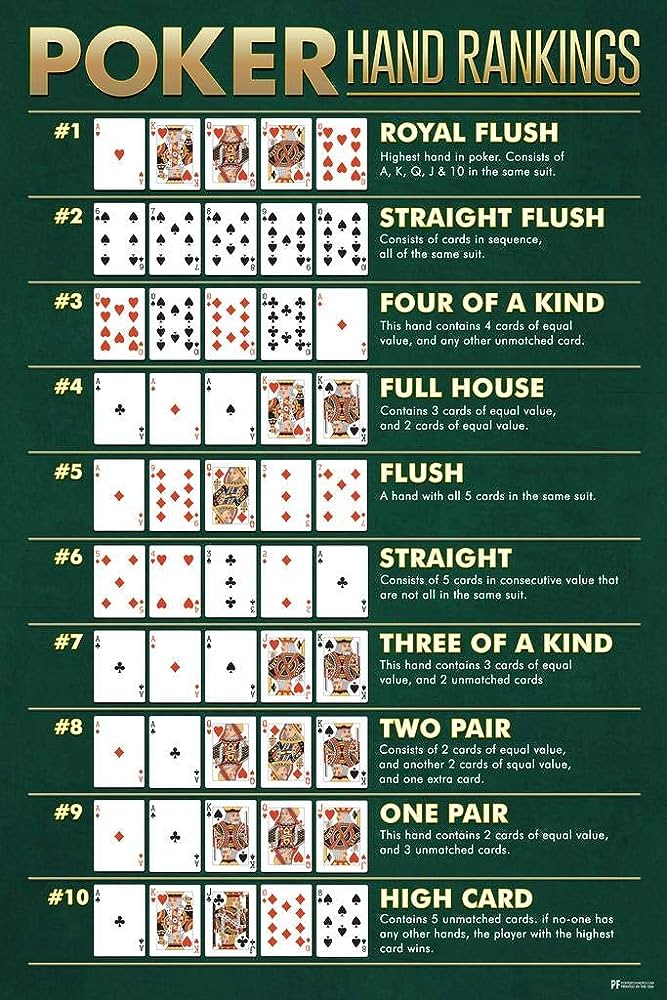How to Become a Better Poker Player

Poker is a game of chance, but it also requires a lot of skill. A good poker player needs to be able to read the other players and make informed decisions based on probability and psychology. They must also be able to bluff effectively. If they don’t, they will not win many hands.
There are many different variations of poker, but all of them share the same basic rules. In a standard poker game, each player is dealt two cards. These are known as your hole cards and no one else can see them. Then a round of betting takes place. After the betting is complete, the dealer puts three more cards on the table that anyone can use. This is called the flop. Then another round of betting takes place. The player with the best five card poker hand wins the pot.
The best way to become a better poker player is to learn to read the other players at your table. This is done by studying their betting patterns. Pay attention to how often they bet and whether or not they are bluffing. Also, note how much they call when they have a strong hand. This information can help you make better decisions.
One of the most important things to remember is that poker is a game of deception. If your opponents always know what you are holding, then they will never call your bluffs and you won’t have a good chance of winning. To prevent this, try to mix up your style of play and be unpredictable.
In addition to learning to read your opponents, it is also important to play in position. By playing in position, you can see how your opponents are betting before you have to act. This will give you key insights into their hand strength and make your decision-making process easier.
It is also a good idea to develop a solid range of starting hands that you will play on a regular basis. This includes pocket pairs, suited aces, broadway hands, and best-suited connectors. These hands will usually get you into most of the hands in a poker game. You can then add to your range as you gain experience and improve your poker skills.
While a lot of luck is involved in the outcome of any given poker hand, a good poker player will make calculated decisions that maximize their chances of winning. This will include determining which hands to play and when to raise or fold. It will also involve choosing the proper stakes for their bankroll and avoiding games that are not profitable.
A good poker player will also be able to understand the odds of a particular poker hand and will use that knowledge to determine the correct amount to bet. For example, a pair of kings has an excellent chance of winning a poker hand, but it will not win in a head-to-head match against an opponent who holds a higher ranking pair.